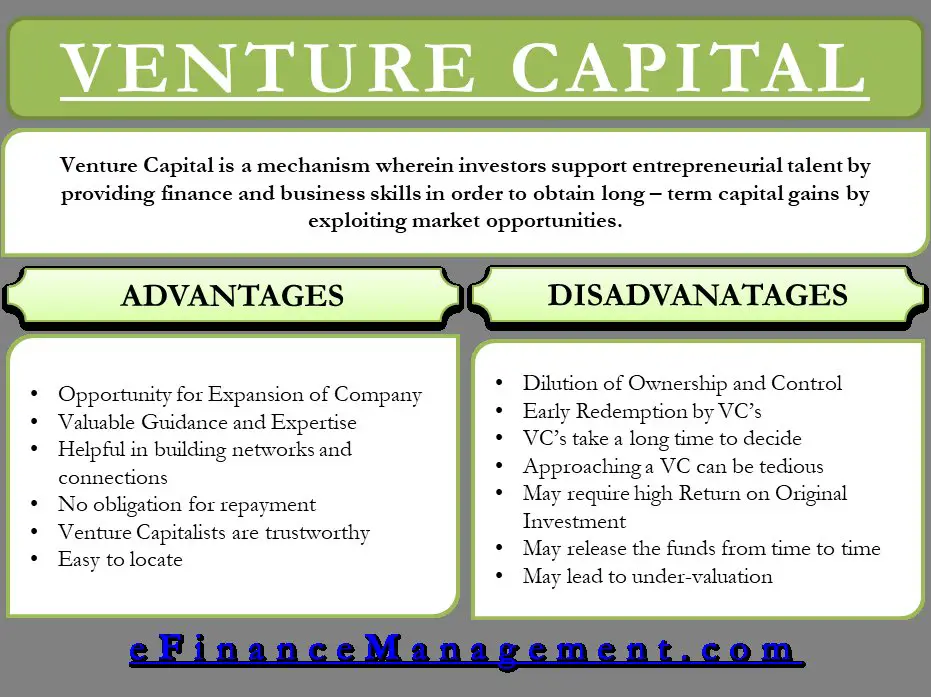Divorce can be emotionally devastating, but it doesn’t have to leave you financially drained. If you’re wondering how to minimize the financial impact of divorce, we’ve got you covered. In this article, we’ll explore practical steps and strategies to help you safeguard your financial well-being during this challenging time. From understanding your assets to seeking professional advice, we’ll provide you with useful tips to navigate the complex terrain of divorce and protect your financial future. So, let’s dive in and explore how to minimize the financial impact of divorce, empowering you with the knowledge and confidence to secure your financial stability.
How to Minimize the Financial Impact of Divorce
Divorce is a challenging and emotional process, and one aspect that often weighs heavily on individuals going through it is the financial impact. The division of assets, spousal support, child custody, and legal expenses can all contribute to significant financial strain. However, with careful planning and consideration, it is possible to minimize the financial impact of divorce. In this article, we will explore various strategies and steps you can take to navigate this difficult situation and protect your financial well-being.
I. Understand Your Financial Situation
Before taking any steps to minimize the financial impact of divorce, it is crucial to have a complete understanding of your financial situation. This involves gathering and organizing all relevant financial documents, such as bank statements, investment accounts, tax returns, mortgage documents, and any other assets or liabilities you and your spouse may have.
1. Create a Comprehensive Financial Inventory
– Make a list of all your assets, including bank accounts, retirement accounts, real estate, vehicles, and personal belongings.
– Calculate the value of each asset and note whether it is separate or marital property.
– Similarly, create a list of liabilities such as mortgages, loans, and credit card debts.
– Determine the total value of your assets and liabilities to get a clear picture of your net worth.
2. Assess Your Income and Expenses
– Analyze your income sources, including employment, self-employment, investments, and any other sources of income.
– Evaluate your monthly expenses and identify areas where you can potentially reduce costs.
– Consider consulting with a financial advisor or divorce financial planner to ensure you have a comprehensive understanding of your financial situation.
II. Consult with Professionals
Divorce involves complex legal and financial aspects, and seeking professional advice can be instrumental in minimizing the financial impact. Here are a few professionals you may consider consulting during the divorce process:
1. Divorce Attorney
– Hiring a competent divorce attorney is essential to protect your rights and navigate through the legal proceedings.
– Choose an attorney specializing in family law and divorce cases to ensure they have the necessary expertise.
– Your attorney will guide you through the divorce process, help you understand your legal options, and advocate for your financial interests.
2. Divorce Financial Planner
– A divorce financial planner can provide valuable insights and strategies to help you make informed decisions regarding property division, taxes, and spousal support.
– They can analyze your financial situation, develop a realistic budget, and provide projections for future financial scenarios.
– Their expertise can help you negotiate a settlement that is fair and sustainable in the long run.
3. Certified Public Accountant (CPA)
– Engaging a CPA can be beneficial, especially if you and your spouse have complex financial assets, businesses, or investments.
– A CPA can assist in evaluating tax implications, ensuring compliance with tax laws, and maximizing tax benefits during and after the divorce.
III. Negotiate Wisely
Divorce settlements are typically reached through negotiation, and the outcome can significantly impact your financial well-being. To minimize the financial impact of divorce, it is important to approach negotiations strategically.
1. Prioritize Your Objectives
– Identify your financial priorities and establish clear goals before entering into negotiations.
– Understand what assets and outcomes are most important to you, and be prepared to compromise on less significant matters.
– Prioritizing your objectives can help you focus on what truly matters and avoid unnecessary disputes.
2. Consider Collaborative Divorce or Mediation
– Collaborative divorce and mediation are alternative dispute resolution methods that promote open communication and cooperation.
– These processes allow you and your spouse to work together, with the assistance of professionals, to reach a mutually beneficial settlement.
– By avoiding a lengthy court battle, you can save on legal fees and maintain greater control over the outcome.
3. Understand Tax Implications
– Divorce can have significant tax consequences, so it’s important to be aware of potential tax implications when negotiating the division of assets.
– Certain assets may have different tax treatments, and understanding these implications can help you make informed decisions.
– Consult with a tax professional or financial advisor to navigate the tax aspects of your divorce settlement.
IV. Protect Your Financial Future
Minimizing the financial impact of divorce requires proactive steps to protect your financial future. Consider the following strategies to safeguard your long-term financial well-being:
1. Update Your Beneficiaries and Estate Plan
– Review and update the beneficiaries on your retirement accounts, life insurance policies, and any other financial accounts.
– Consider revising your estate plan, including wills, trusts, and power of attorney documents, to reflect your new circumstances.
– Ensure your assets are distributed according to your wishes in the event of your incapacitation or death.
2. Establish a New Budget
– Divorce often leads to significant changes in income and expenses. Therefore, it is crucial to establish a new budget that reflects your post-divorce financial reality.
– Identify your needs and priorities, and allocate your resources accordingly.
– Keep track of your spending and make adjustments as necessary to ensure financial stability.
3. Build an Emergency Fund
– Having an emergency fund is essential for any unexpected expenses or financial challenges that may arise post-divorce.
– Aim to save three to six months’ worth of living expenses in an easily accessible account.
– Start by setting aside a small portion of your income each month and gradually increase your savings over time.
V. Seek Emotional Support
Divorce can be emotionally draining, and it is important to prioritize your mental well-being throughout the process. Seeking emotional support from friends, family, or a therapist can help you navigate the challenges more effectively.
Remember, minimizing the financial impact of divorce requires careful planning, thorough evaluation of your financial situation, and seeking professional guidance. By approaching the process with knowledge and strategic decision-making, you can protect your financial interests and embark on a new chapter of your life with greater financial stability.
3 ways to minimize the financial impact of divorce
Frequently Asked Questions
Frequently Asked Questions (FAQs)
How can I minimize the financial impact of divorce?
During divorce, it is important to take steps to minimize the financial impact. Here are some strategies you can consider:
What should I do to protect my assets during a divorce?
To protect your assets during divorce, you should:
Is it necessary to hire a lawyer for a divorce case?
While it is not mandatory to hire a lawyer for a divorce case, it is highly recommended. An experienced divorce lawyer can guide you through the legal process and help protect your interests.
What financial documents should I gather before starting the divorce process?
Prior to starting the divorce process, you should gather the following financial documents:
How can I ensure a fair division of debts in a divorce?
To ensure a fair division of debts in a divorce, follow these steps:
What are some ways to minimize the impact of alimony payments?
To minimize the impact of alimony payments, you can explore the following options:
What steps should I take to secure my financial future after divorce?
To secure your financial future after divorce, consider these important steps:
How can I handle child support payments to minimize financial strain?
To handle child support payments and minimize financial strain, consider the following tips:
Final Thoughts
Minimizing the financial impact of divorce requires careful planning and strategic steps. First, it is crucial to gather all financial documents and assess the overall financial situation. This will help in determining marital assets and debts. Secondly, consulting a financial advisor or divorce attorney is recommended to understand the various legal and financial implications. Establishing a realistic budget post-divorce, cutting unnecessary expenses, and prioritizing financial stability is essential. Lastly, considering mediation or collaborative divorce options can help couples minimize legal costs and maintain control over the financial settlement. By taking proactive measures and seeking professional guidance, individuals can successfully navigate the financial challenges that come with divorce and minimize its long-term impact.



